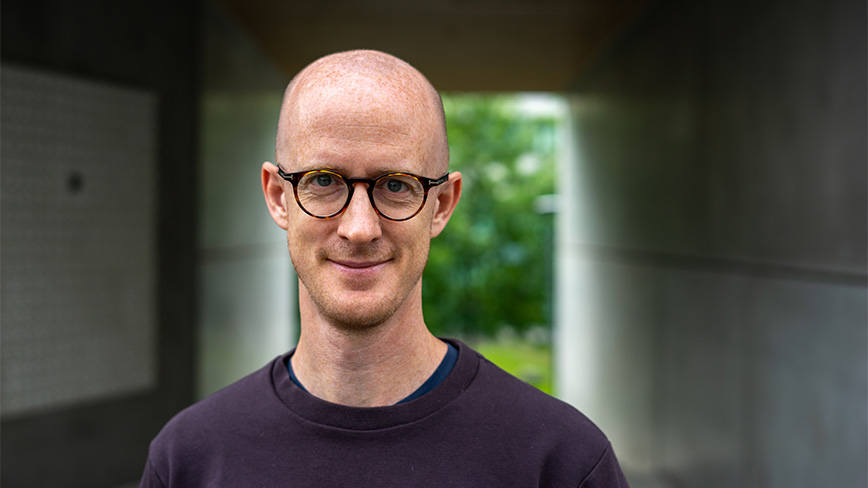”He put a six-pack of beer on the table, then we talked chemistry”

Barry Sharpless is, together with Morten Meldal and Carolyn Bertozzi, this year’s Nobel Prize winner in chemistry. Mårten Ahlquist, professor and head of the division Theoretical Chemistry and Biology, remembers his time as a doctoral student in the Sharpless lab.
“I was in Sharpless's group for six months during my doctoral studies. I got in touch with him through my supervisor, Per-Ola Norrby, who had previously been a postdoc with Sharpless. I did my doctorate at DTU in Denmark, and there the doctoral education includes spending a few months in another research group in another country,” says Mårten Ahlquist.
What did your collaboration consist of?
“I made calculations on two systems. One was one that Sharpless, his colleague Valery Fokin, and visiting professor Sukbok Chang worked on together. They saw that a particular category of the most famous click reaction did not lead to the same product but disintegrated into a different product, also with high value. My responsibility was to find the reaction mechanism using quantum chemical simulation models.”
The other system Mårten Ahlquist worked on was the regular click reaction. In experiments, they had shown that two copper ions were needed for it to happen. A colleague of Ahlquist’s at Stockholm University, Fahmi Himo, had previously shown how a copper ion could speed up the reaction.
“When I heard about this from a student in Sharpless's group, I began to think about what the other copper ion was needed for. When I was waiting for the bus home from the institute, the idea came. So immediately when I got home, I opened my computer and started new calculations. Within days I had results which I took to Sharpless and Fokin who both became very enthusiastic.”
What are your memories of Sharpless, was there anything in particular that made an impression on you?
“Barry is very special and I have lots of memories from that half year. The first time I met him he came into the lab at 6pm and said he didn't have much time but wanted to talk chemistry. Then he took out two balls of copper which I received as some kind of gift, whereupon he put a six-pack of beer and a bottle of whiskey on the table. Then we talked chemistry until 9pm. I have met many people who are passionate about research, but never anyone as passionate as him,” says Mårten Ahlquist.
What do you think about him now getting the Nobel Prize? It's the second time too.
“It is very well deserved. What he has done has had a huge impact. I saw him the first time he gave a Nobel lecture in Lund. Everyone expected him to talk about what he was awarded for, but instead he started thinking about completely new things. To be honest, I didn't understand much of what he said at the time, but now I understand that it was the whole basic idea of click chemistry that he was showing.”
Text: Sabina Fabrizi
